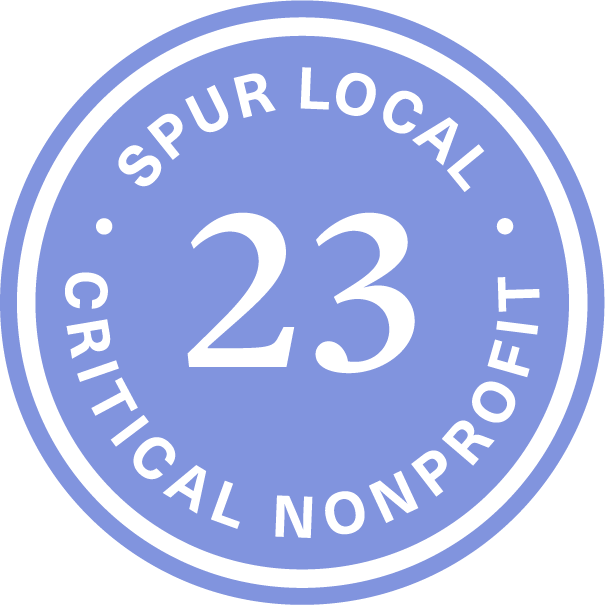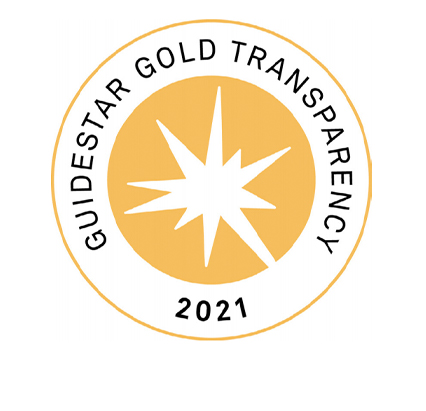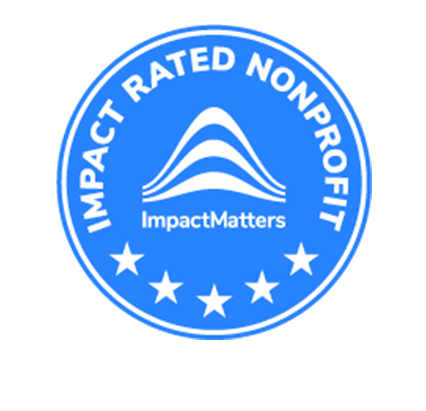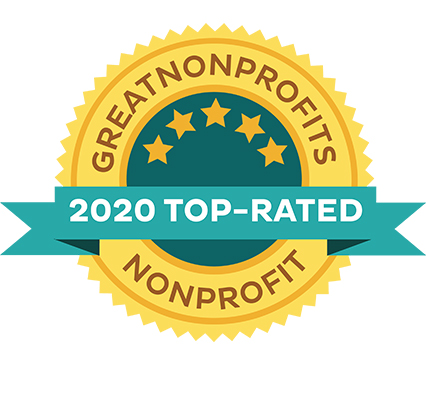
Note: This is the 7th post in DASH’s ongoing What It Takes blog series, which examines and explains the various factors that make getting safe from abuse so difficult. Each post explores factors that survivors have to navigate on their journey to finding safety. Learn more about the campaign at the What It Takes page, and please spread the word: #WhatItTakesDC.
The biggest barrier for survivors trying to find safety from abuse is access to safe, stable housing for them and their children. Check out our blog from last week for more information on the shortage of housing for survivors of domestic violence in the District. This week we are exploring this issue in a more personal way through the story of Alice, a former DASH resident. Alice was the keynote speaker at the 5th annual Allies in Change event in April 2015 – below she explains the barriers that she faced when trying to leave her abuser and find a safe place to stay.
My Story:
Hello my name is Alice; I became a resident at (DASH) January 22, 2010. I came to (DASH) due to domestic violence, I was not physically abused but emotionally and verbally abused.
I will not forget the day I said I had enough of my abuser which was my son’s father. On 12/22/2009, my abuser came home high on P.C.P, he has been an addict since his mom died on May 25, 2007. Back then I worked the night shift at a nursing home in upper NW. As I was getting ready for work a loud “boom” came from the living room of my home. My abuser tossed our son across the room, he was high and hallucinating. His words were “that’s not my son he looks like a monster” quickly I fought him for throwing my son, I walked into the kitchen when I turned around there was a long butcher knife to my neck. He told me if I moved he will kill me. That’s when I knew my life and the life of my children were in danger.
I called the police and no arrest was made, they asked that he remove himself from the residence. I wasn’t able to go to work that night due to the incident and at the time I was the only one working. My son was not hurt in this attack he was 15 months at the time. The New Year was approaching and I knew I was going to leave him. I didn’t have anywhere to run due to lack of family support. I reached out to family but all seem to reject me and even my situation. Sometimes they would go as far to say “I told you so” and at that time safety and comfort was more important than criticism.

Finally I went to the D.C. Superior Court to file a (CPO) against my abuser. The judge granted the order the same day; the court building assisted me with “Crime Victims Compensation” my daughter, son and I were placed in a shelter. The shelter I was placed in was worse than the home that I had just left. I was placed in one room, with no bathroom. It was just a room with a one full size bed, a sink and a small size refrigerator. I shared a bathroom with 7 other women many of the women got high in the bathroom. They always seem to smoke P.C.P and every time I smelled that odor it took me back to that moment. My children and I didn’t eat a balanced meal for 2 weeks we lived off microwave dinners.
Showering at this shelter was terrible many of the women were having sex in the bathroom. There were used condoms on the floor, drug bags, and crack pipes even blood stains around the toilet seat. Me and my kids washed up over a small sink inside of our room for 2 weeks. When I left my abuser and also my apartment I left everything, I left with one outfit and my kids had 3 outfits a piece. I didn’t have any money to survive he stole what little I did have saved.
Finally on 1/22/2010 I received a phone call from DASH to come in for an intake. I rushed to gather my personal documents I was placed 2 days later. Finally I felt safe and comfortable they gave me a two bedroom apartment “It actually looked better than the apartment I was paying $1000 for” to live in. The apartment was furnished 100% my kids were so happy. I haven’t seen them smile in days at that time my kids were 1 and 3 years old.
I will never forget the first thing we did was shower for a long time and I cooked a home cooked meal “You would have thought it was Thanksgiving in January” I cried so many nights wondering how did I allow myself to fail me and my children all for one individual love. While at DASH I used every resource available to me. The first program I lived in at DASH was Huruma it was a 60 day program. I was afraid at times that me and my children would be homeless again.
I worked with my advocate every time I was scheduled. She found resources for employment, school, and permanent housing. I lost my job because I didn’t have childcare me and my children safety was more important at the time. I enrolled into school to become a (CNA) the course was a 4 week program. I completed this course successfully. One day DASH had a meeting with all residents announcing they were opening a bigger location.
I already knew I wasn’t going to be part of their growth because my time was almost up. Then when they said “ALICE you are going with us,” I cried so hard I was more than thankful and over joyed. I picked the kids up from daycare they were enrolled full-time. I told the kids about the exciting news even though they were too young to understand. The day had come for me to move out I was packed and ready to go I signed my 2 year lease at DASH’s new location called Cornerstone.
They placed my keys inside of hand my apartment, 1D which meant to me “ONE DREAM, ONE DESTINY, and ONE DESIRE” At DASH I built a trusting relationship and also a loving one. DASH was and is really there to help women become better and do better. They had yoga, zumba, meditation, childcare “playroom”, and potlucks, cooking classes, crochet, counseling, addiction counseling, advocate support, clothes and food drives, holiday baskets and free give a ways, to basketball games, President Easter egg roll and much more.
I really enjoyed myself while living at DASH, this program has changed me as a mother, daughter and even as a person and the way I think today. When I came to DASH I was bitter, angry, frustrated, depressed and sometimes disrespectful because I was mad at myself. I had to take medication to control my behavior back then.
I advocated for myself so many times via email, phone and writing letters. I called DCHA almost every day I fought for permanent housing. I told them my story every time I had the opportunity too. One day I came home to DASH I checked my mailbox a letter from housing was sitting there. I opened the letter and they accepted my request and I danced across the main lobby floor.
I was schedule to come in for an interview 3/13/12. Everything was approved I moved into my own permanent housing 8/31/12 a three bedroom house where I live today. I moved into my own home I promised myself no man could live with me not like my abuser again unless it was my husband.
I never knew if I would get married but I did want to marry before the age 35, I’m 28 years old now through the trials and tribulations I have been a full time college student since 3/12/12. I’m majoring in criminal justice to become a homicide detective. I’m proud to announce in 2 weeks I will graduate with my bachelor’s degree.
During my time in college in 2012, I met a wonderful man, his smile, his walk, his personality was nothing but positive. He looked passed my story he promised me a better future and we have been best friends since. This year on 1/15/2015 I married this amazing man that I admired and he also admired me I’m no longer just Alice I am now Alice, a strong survivor.















